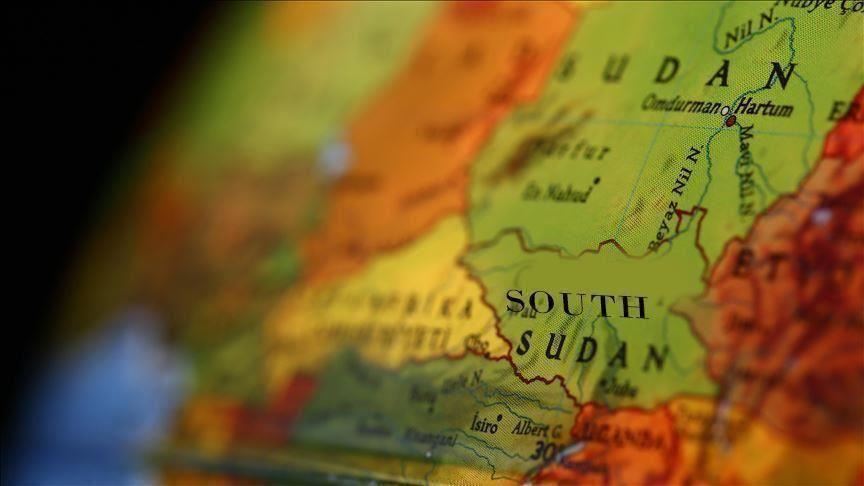UN urges 'urgent' appointment of governors in S. Sudan
Absence of political leadership at state level contributes to outbreak of inter-communal violence, says head of UN mission

South Sudan
The absence of political leadership at the state level in South Sudan has contributed to the recent outbreak of intercommunal violence in the country, said the head of United Nations Mission in South Sudan (UNMISS).
“This fighting has caused significant casualties and the displacement of thousands of families, particularly in areas around Pibor and the villages of Likuangole, Waat, Manyabol and Anyidi.
We have reports that women and children have been abducted by both sides [...] These people must be returned immediately,” David Shearer said at a news conference in Juba on Monday.
At least 40 people were estimated killed and over 180 others injured in intercommunal violence between Lou Nuer and Murle which erupted late last month.
Thousands of people have also been displaced as a result of the violence.In line with the September 2018 peace agreement between the government and opposition, the country is supposed to have 35 cabinet ministers.
On Feb. 22, South Sudan’s President Salva Kiir dismissed his cabinet and appointed rebel leader Riek Machar and four others as vice presidents, paving the way for the formation of a unity government that seeks to end six-year of war.
The ministers and state governors are yet to appointed since parties to peace agreement have some differences in the allocation of the ministries and states.
“The filling of the governor positions is particularly urgent. The absence of authority at the state level has caused a vacuum of power and decision-making,” Shearer said.
He said UNMISS is ready to support efforts by the communities to help calm the situation in the region.
The UN official said more than 8,000 people are currently living in makeshift shelters next to the UN base in Pibor.
Augustino Ting Mayai, a South Sudanese political analyst at the Juba-based Sudd Institute, agreed with UN official that the absence of political leadership contributes to intercommunal violence.
"Absolutely. A vacuum was created. This is quite evident in Tonj where various communities are now facing extreme violence," Mayai told Anadolu Agency.



